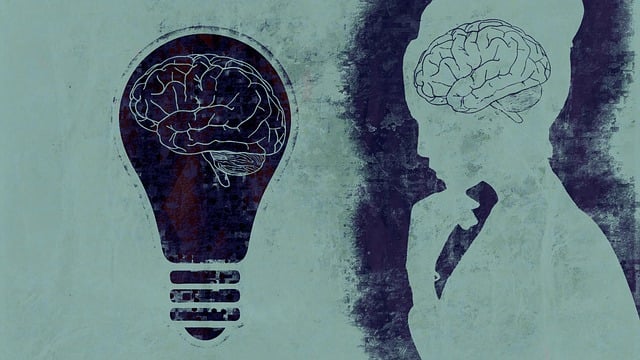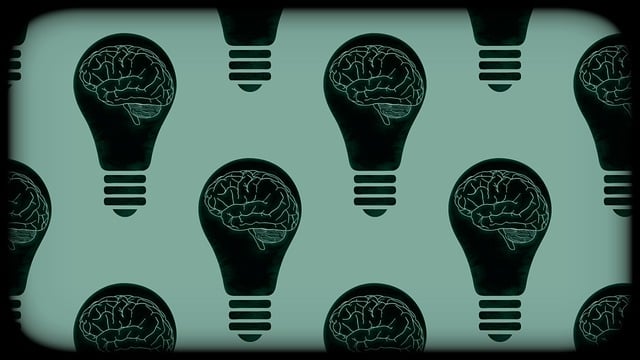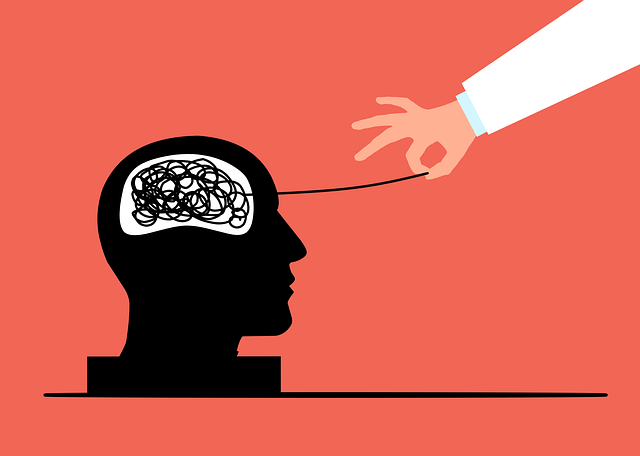Mental wellness programs tailored for young adults are gaining prominence to address academic pressures, social media influences, and adulthood uncertainties. These programs leverage various therapeutic techniques, with grief counseling as a key component for processing losses and building resilience. Evaluating such programs requires a blend of quantitative (surveys, statistical analyses) and qualitative (interviews, focus groups) methods to measure improvements in anxiety, depression, social skills, self-esteem, and trauma support. By integrating these assessment techniques, therapists can deliver evidence-based therapy for young adults' grief counseling needs, fostering continuous improvement and empowering individuals to take control of their mental wellness journeys.
Mental wellness programs tailored for young adults have gained prominence, recognizing the unique challenges they face. This article explores comprehensive evaluation methods to assess these programs’ effectiveness and impact. From understanding the nuances of mental health issues in this demographic to incorporating grief counseling as a critical component, we delve into diverse methodologies. We examine quantitative and qualitative techniques, highlighting their role in measuring success and fostering continuous improvement through iterative evaluation strategies, ultimately enhancing therapy for young adults.
- Understanding Mental Wellness Programs for Young Adults
- The Role of Grief Counseling in Program Evaluation
- Methodological Approaches to Assess Program Effectiveness
- Measuring Impact: Quantitative and Qualitative Techniques
- Continuous Improvement: Iterative Evaluation Strategies
Understanding Mental Wellness Programs for Young Adults

Mental wellness programs tailored for young adults are increasingly vital as this demographic faces unique challenges, such as academic pressures, social media impacts, and navigating adulthood’s uncertainties. These initiatives often incorporate a range of therapeutic approaches to support emerging minds. One effective method is grief counseling, which helps process and cope with losses, whether personal or collective, that significantly affect young people’s well-being. By providing safe spaces for expression and shared experiences, therapists facilitate healing and build resilience.
Community outreach programs also play a crucial role in fostering mental wellness among young adults. These initiatives can include mindfulness meditation sessions, crisis intervention guidance, and peer support networks, all of which contribute to creating supportive environments. Such programs aim to destigmatize mental health issues and encourage early intervention, ensuring that young adults have access to the resources they need to thrive both academically and personally.
The Role of Grief Counseling in Program Evaluation

Grief counseling plays a vital role in evaluating mental wellness programs, especially those catering to young adults. This therapeutic approach is designed to help individuals process and cope with complex emotions that often accompany significant losses or traumatic events. In the context of therapy for young adults, grief counseling offers a safe space for them to express their feelings, gain insights into their emotional regulation mechanisms, and develop effective strategies for managing anxiety relief and building empathy.
Through structured sessions, counselors facilitate a deep exploration of grief stages, helping clients navigate through denial, anger, bargaining, depression, and acceptance. This process is crucial in understanding how the program supports participants’ mental health journeys. By assessing improvements in emotional regulation, anxiety reduction, and empathy development, evaluators gain valuable insights into the program’s effectiveness in fostering resilience among young adults facing personal challenges.
Methodological Approaches to Assess Program Effectiveness

Evaluating mental wellness programs is a multifaceted process that involves robust methodological approaches to accurately assess their effectiveness. Researchers and practitioners often employ quantitative and qualitative techniques to measure the impact of interventions aimed at improving emotional well-being among young adults. Quantitative methods, such as surveys and statistical analyses, help in identifying trends and correlations between program participation and mental health outcomes. For instance, pre-post tests can gauge changes in symptoms of anxiety or depression after engaging in grief counseling sessions tailored for young adults.
Qualitative approaches, including interviews, focus groups, and case studies, offer deeper insights into participants’ experiences. These methods are particularly valuable when exploring complex topics like the development of self-care routines as a crisis intervention guidance technique. By combining both quantitative and qualitative data, mental health professionals can holistically understand program strengths, weaknesses, and areas for improvement, ensuring that therapy for young adults is evidence-based and aligned with their unique needs.
Measuring Impact: Quantitative and Qualitative Techniques

Measuring impact is a crucial aspect of evaluating any mental wellness program, especially when targeting young adults in need of therapy for grief and other emotional challenges. Quantitative methods, such as surveys and statistical analyses, play a vital role in assessing the overall effectiveness of interventions. For instance, researchers might track changes in participants’ symptoms over time using standardized assessment tools, providing concrete data on improvements or areas that still require attention. These techniques help identify successful programs that can be scaled up, ensuring resources are allocated efficiently.
Complementing quantitative approaches, qualitative methods offer a deeper understanding of the program’s impact on individuals’ lives. Interviews, focus groups, and participant observations allow for rich, descriptive insights into how young adults perceive their journey through therapy, including improvements in social skills training, self-esteem improvement, and trauma support services. Qualitative data can highlight specific aspects of the program that resonate strongly with participants, offering valuable guidance for future enhancements and tailoring interventions to better meet the unique needs of this demographic.
Continuous Improvement: Iterative Evaluation Strategies

In the realm of mental wellness programs, continuous improvement is paramount, and iterative evaluation strategies play a pivotal role in this process. These methods allow for regular reassessments and adjustments to ensure that the program remains effective and aligned with the evolving needs of participants, particularly young adults grappling with grief and trauma. By implementing these strategies, therapists and counselors can adapt their therapy approaches, incorporating innovative techniques or refining existing ones based on ongoing feedback and outcomes measurements.
The Mind Over Matter principles, when integrated into evaluation processes, empower individuals to take charge of their mental wellness journeys. This self-care focus extends beyond the therapy room, encouraging participants to actively engage in practices that foster resilience and emotional well-being. Similarly, a Mental Wellness Podcast Series Production can serve as a dynamic tool for disseminating evaluated strategies and promoting self-care awareness among young adults seeking support through alternative mediums.
Evaluating mental wellness programs, particularly those catering to young adults, is a multifaceted process. From understanding program components like grief counseling to employing diverse methodological approaches and measuring both quantitative and qualitative impacts, each step is crucial in assessing effectiveness. By adopting iterative evaluation strategies, these programs can continuously improve and better serve their participants. Integrating therapy for young adults, including grief counseling, allows for a holistic approach to mental health support, ensuring that individuals receive the comprehensive care they need for optimal well-being.














